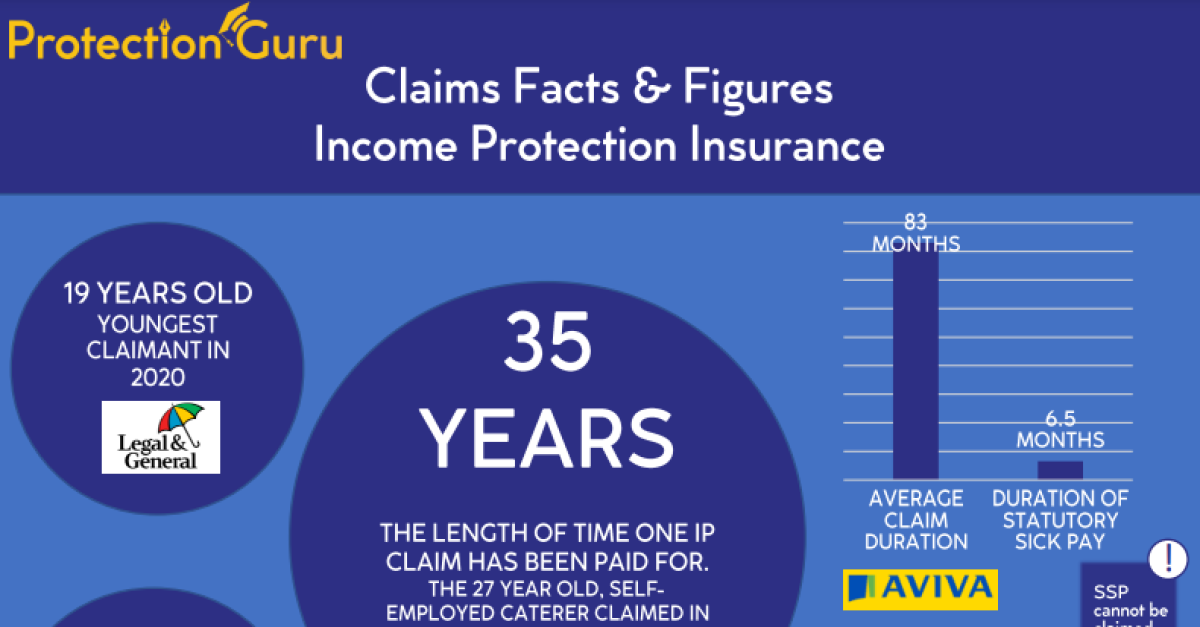
3 things to understand about benefit amounts – ip awareness week day 2

In the second series of our dedicated income protection content to coincide with IPTF’s IP Awareness week, we bring you three insights focusing on different aspects of the benefit amount and claim duration.
Selecting the correct benefit amount for the client is vitally important, as they’ll need to survive on this to pay their bills and other outgoings in the event of a claim. As the benefit will in most cases be linked to the client’s earnings, understanding any limitations imposed by insurers is essential in ensuring the client isn’t over-insured. There will be times however when traditional financially assessed plans won’t be suitable, particularly for self-employed clients, so advisers may need to turn to non-financially underwritten plans as an alternative solution. Finally, for client’s on a tighter budget, full-term plans that pay the benefit indefinitely may be unaffordable, in which case advisers can turn to short-term options.
We’ll be bringing you a range of insights each day, focusing on different aspects of the income protection journey, so look out for tomorrow’s round-up which will focus on underwriting.
WHICH INSURERS OFFER THE HIGHEST INCOME PROTECTION BENEFIT?
When recommending an income protection plan, there are many factors that need to be understood in order to select the right level of benefit. The clients’ expenditure is clearly critically important as this ultimately is what is being protected however, in many cases (particularly where expenditure is high compared to income) the maximum sum assured an insurer will offer dictates the level of cover. In this insight we examine the maximum level of benefit insurer’s offer their income protection clients, what percentages are used to calculate the benefit and what forms of income may be included for employed, self-employed and business owning clients.
WHO OFFERS NON-FINANCIALLY UNDERWRITTEN INCOME PROTECTION?
For increasing numbers of UK workers, the traditional approach of financially assessing the benefit on income protection plans is not suitable. For the self-employed who cannot guarantee a stable income for a whole host of reasons, or those just starting out on a new business venture, to the many thousands of workers on zero hours contracts or in employed in the ‘gig’ economy, financially assessed income protection carries the risk of over-insurance or simply not being able to secure a sufficient benefit in the first place. In this insight we look at which insurers offer plans with no financial assessement.
SHORT-TERM INCOME PROTECTION – HOW PROVIDERS COMPARE
There are a number of ways advisers can look to reduce the cost of cover, from selecting a longer defer period, lower benefit amount or in some cases reducing the policy finishing age. One solution is to turn to short-term income protection plans. Insurers vary as to how they provide this and advisers will need to be aware of those differences when trying to establish what is the best plan for their clients. In this insight we examine Short Term Income Protection plans and how providers compare.





















